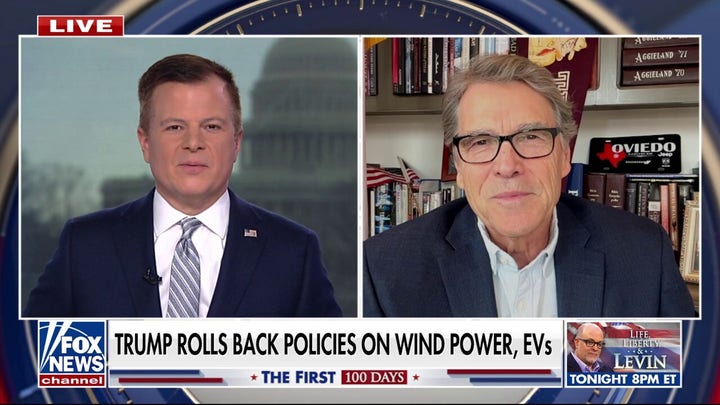Judges around the country are making quick work of climate lawfare, a welcome development following the U.S. Supreme Court declining to confront the issue earlier this year.
In recent months, three judges in Maryland and New York have dismissed climate-change lawsuits from public litigants who accuse energy companies of harming communities through emissions and concealing those harms from the public. Their decisions suggest an emerging consensus that federal law does not permit these kinds of claims, which fail on their own terms in all events.
More than two dozen cities and states have filed nearly identical climate-change lawsuits, creating significant risk for energy companies and consumers who enjoy the quality of life cheap and abundant power provides.
The plaintiffs pleaded state law claims accusing the defendants of creating a public nuisance and deceiving the public. The energy companies have raised a variety of defenses. Their principal defense is that the climate claims are preempted by the Clean Air Act, which assigns emissions regulation to the Environmental Protection Agency, with limited carve-outs for states that do not apply in the instant cases.
Taken together, the recent decisions clarify the fundamental political goals of climate litigants. In dismissing the city of Baltimore’s climate lawsuit, Judge Videtta Brown explained that a successful state law climate claim ‘would operate as a de facto regulation on greenhouse gas emissions,’ echoing the like conclusions of the Second and Ninth U.S. Circuit Courts of Appeal.
The reason for that is obvious. In these cases, the energy providers face liability unbound. The prospective damages are so high that the defendants would fundamentally alter their business practices. That is the policy outcome the plaintiffs intend, which makes the preemption issue straightforward.
Indeed, U.S. District Judge William Alsup speculated that climate lawfare threatens the continued viability of fossil fuel production altogether. When dismissing Oakland’s climate change lawsuit in 2021, Alsup wrote that the damages sought ‘would make the continuation of defendants’ fossil fuel production ‘not feasible.’’
Public reporting about the origins of the climate nuisance, fraud and misrepresentation cases fills out the picture. News accounts establish that a skillful network of academics, lawyers, celebrities and leftwing foundations are at work behind the scenes, at once incubating new legal theories and lining up financing. These facts aren’t necessarily germane for a court, but reasonable onlookers should not be obtuse about what’s going on here.
